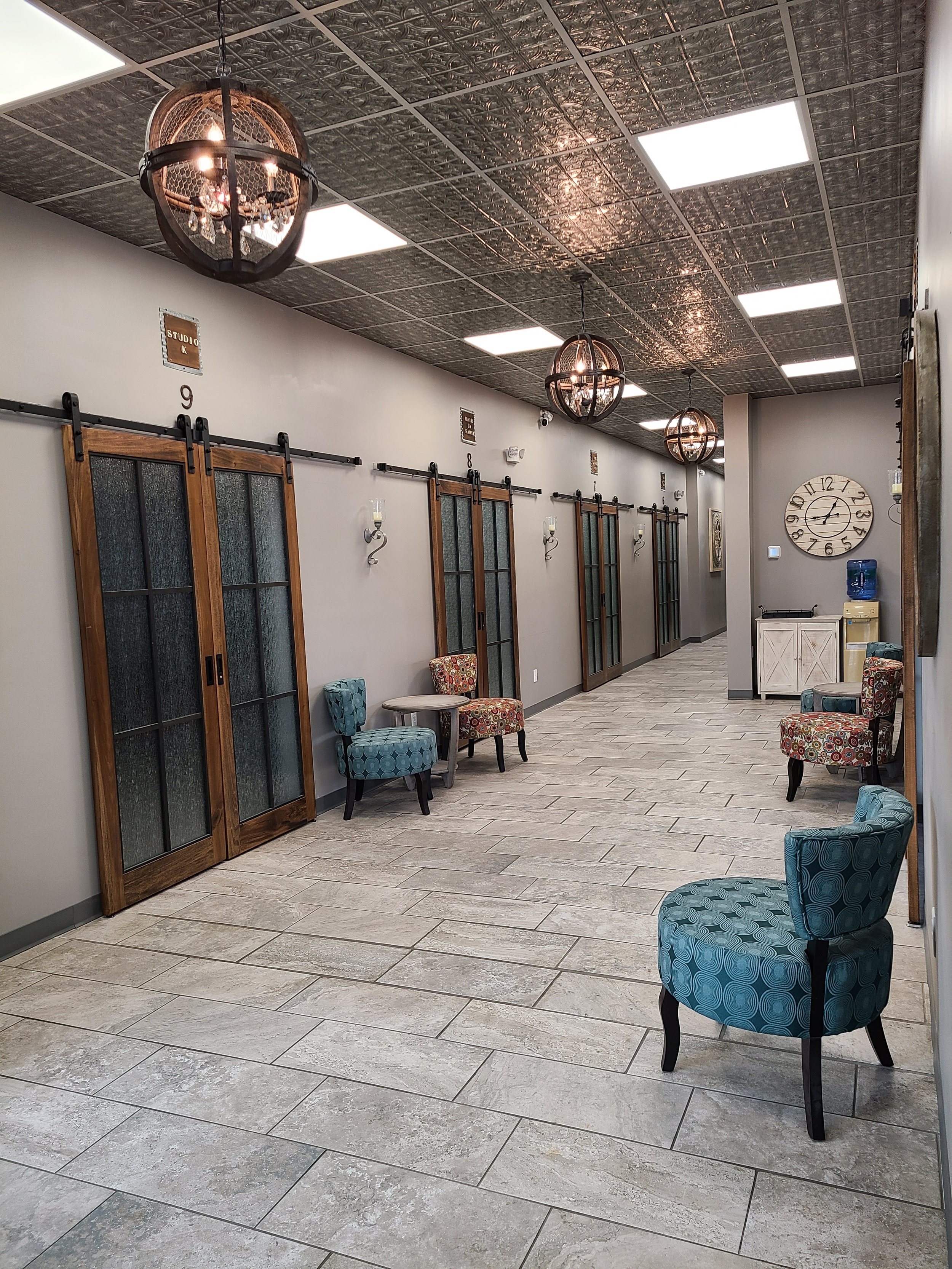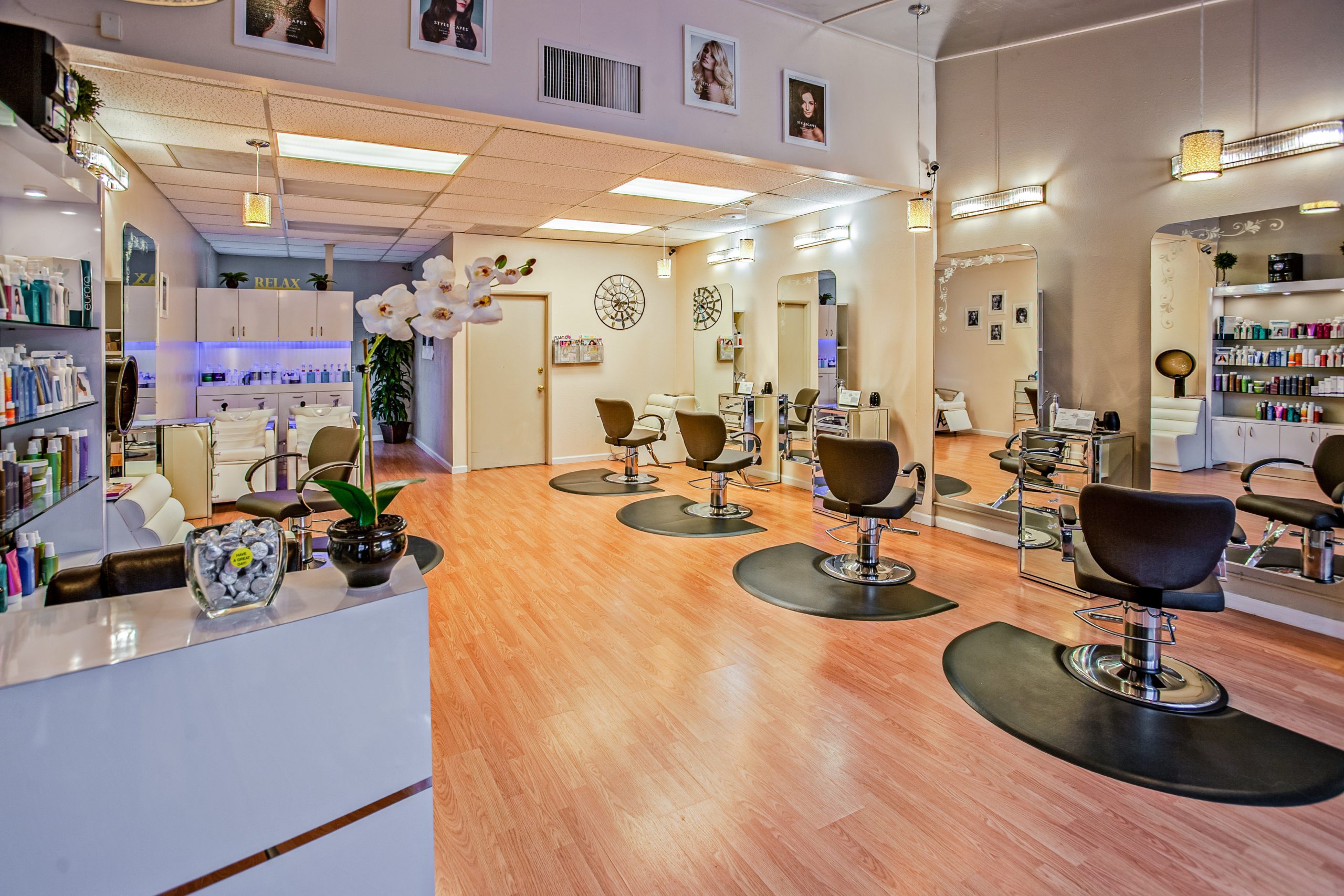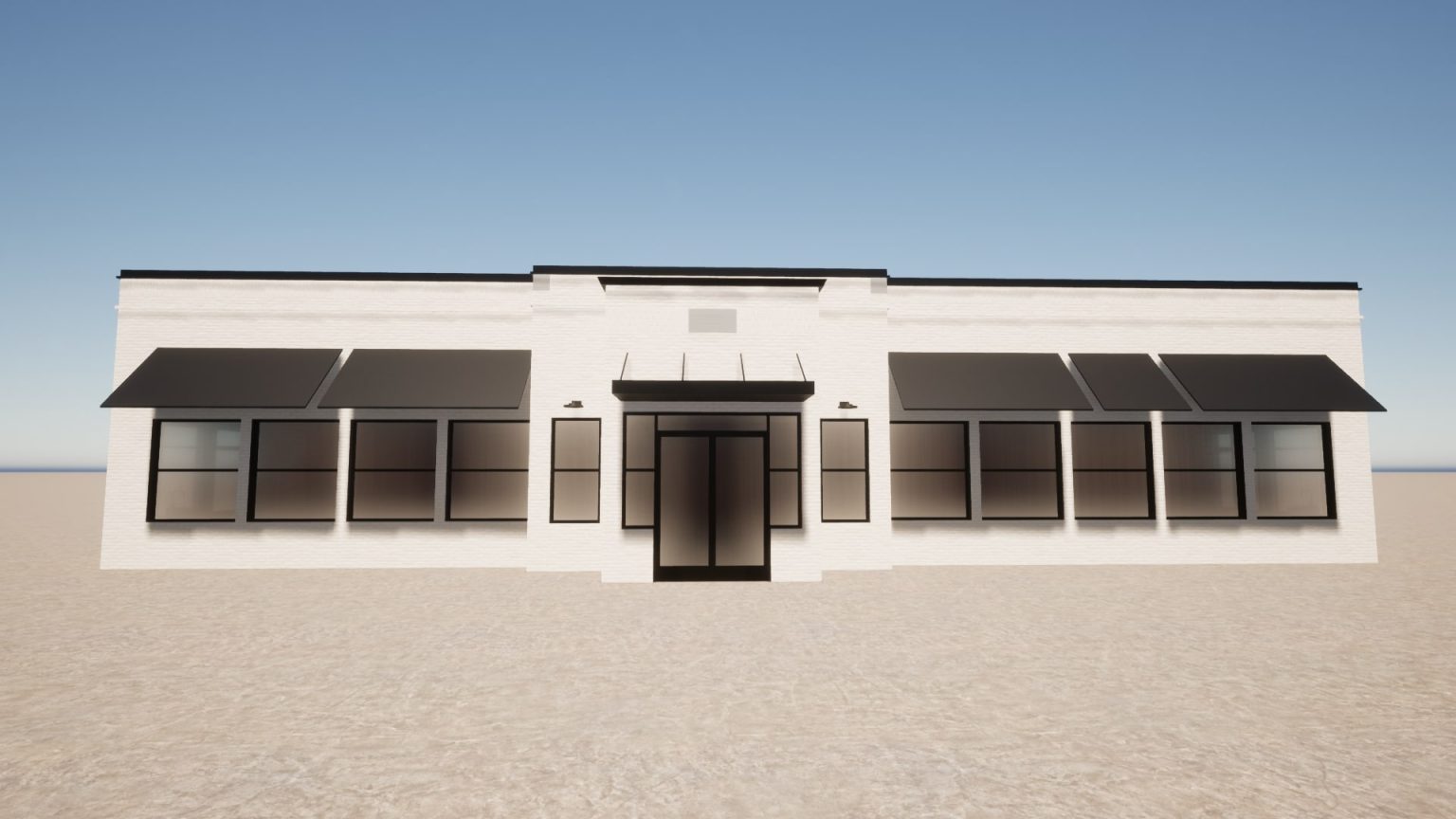Expert Nail Salon: Sensational Results Each Time
Expert Nail Salon: Sensational Results Each Time
Blog Article
Strategic Choices: Evaluating the Advantage of Renting Versus Possessing a Beauty Parlor Area to Optimize Long-Term Success and Financial Practicality
When it comes to developing a hair salon business, one of the essential decisions that owners must thoroughly think about is whether to rent out or own the room in which they run. The option in between renting and owning a beauty salon room can have a considerable effect on the long-lasting success and economic health of business. Factors such as functional adaptability, financial ramifications, and financial investment potential play a critical role in this calculated decision-making procedure. By exploring the advantages and disadvantages of each alternative, beauty salon proprietors can make informed options that align with their service objectives and desires.

Advantages And Disadvantages of Renting Out
When considering the decision between renting a beauty salon area or having one, it is necessary to consider the advantages and disadvantages of renting out to make an educated selection. One key benefit of leasing a beauty parlor space is the flexibility it offers. Leasing enables beauty parlor owners to evaluate different locations or upscale their business without the commitment of a long-term mortgage. Furthermore, leasing normally includes fewer in advance costs, making it a more obtainable alternative for brand-new beauty salon owners or those with spending plan restrictions.

Financial Elements to Think About

Thinking about the financial ramifications of renting out a salon space versus having one is vital for making a well-informed service choice. When assessing the monetary factors, it is vital to assess the first costs related to each choice. Leasing a hair salon space generally needs a down payment and monthly rent repayments, whereas having includes a deposit, home mortgage settlements, real estate tax, and upkeep expenses.
Furthermore, the long-lasting economic implications vary between leasing and possessing. Renting offers versatility yet might result in higher advancing prices gradually as a result of rental increases. On the other hand, possessing a beauty salon room provides prospective equity development and the possibility to construct assets. It is essential to carry out a cost-benefit evaluation to identify which alternative straightens ideal with your financial objectives and service approach.
Renting might provide reduced upfront expenses, allowing you to assign even more resources to advertising and organization growth. Examining these economic elements adequately will assist you make a calculated choice that optimizes your hair salon's long-term success and monetary feasibility.
Functional Flexibility and Control
Ideal operational effectiveness plays an essential duty in determining the equilibrium in between flexibility and control when deciding between leasing and having a beauty salon room. Leasing a beauty parlor room provides integral adaptability as it enables for much easier changes to transforming market problems, consumer choices, or organization demands. This adaptability is specifically beneficial for new salon owners or those looking to test different locations before committing long-lasting. Furthermore, leasing gives the benefit of not being linked down to a specific property, enabling simpler relocation if required.
On the various other hand, owning a salon space provides a higher feeling of control over the home and its procedures. Proprietors have the flexibility to personalize the room to their female hair salon taste, apply lasting methods without the danger of lease terminations, and possibly construct equity over time. Nevertheless, possession additionally features obligations such as property maintenance, insurance policy, and real estate tax, which can impact the general monetary commitment.
Ultimately, the decision in between renting out and having should think about the wanted level of functional flexibility and control that lines up with the salon's long-lasting goals and vision.
Investment Possible in Ownership
Given the operational considerations talked about previously, discovering the investment capacity in hair salon ownership clarifies the monetary effects and lasting advantages that come with owning a beauty salon room. Salon possession provides an one-of-a-kind possibility for entrepreneurs to build equity and possessions gradually. By purchasing a beauty parlor room, proprietors have the potential to take advantage of building recognition, which can offer as a useful property in the future. In addition, possessing a hair salon provides stability in terms of set home loan repayments, supplying predictability in financial planning contrasted to changing rental prices.
Additionally, possession permits greater control over the space, making it possible for proprietors to tailor and read here customize the beauty salon to their my review here specific brand name and vision without the restraints frequently imposed by property owners. This degree of control can boost the general consumer experience and brand identification, potentially leading to raised customer retention and company development.
In regards to financial investment potential, having a beauty parlor room can also open up opportunities for extra profits streams, such as leasing extra area to various other beauty experts or integrating retail sales within the hair salon. Hair salon. These diversified earnings sources can contribute to the general monetary health and wellness and sustainability of business
Long-Term Security and Development
With a focus on sustainability and development with time, developing lasting security and cultivating development are essential elements of beauty parlor ownership. To make sure long-lasting stability, beauty salon owners must carefully take into consideration elements such as place, market fads, and economic preparation. Picking in between renting and possessing a hair salon space plays a significant role in identifying business's growth possibility.
Renting out a hair salon area provides adaptability and lower preliminary prices, enabling proprietors to designate resources in the direction of enhancing solutions and marketing initiatives. By owning the area, salon proprietors have even more control over personalizing the residential or commercial property to match their brand name and can benefit from long-lasting property growth.
Eventually, the choice between leasing and having a hair salon area must straighten with the owner's long-lasting organization goals and monetary purposes. Whether focusing on versatility or equity structure, a critical method to building ownership can considerably affect the hair salon's security and development trajectory.
Verdict
Finally, the decision between renting and having a beauty parlor area needs a cautious analysis of economic variables, functional adaptability, financial investment possibility, and lasting security. Both alternatives feature their very own collection of benefits and drawbacks, and it is necessary for hair salon proprietors to evaluate these aspects to enhance lasting success and economic viability. Salon suites Belleville Michigan. Inevitably, the option between renting and possessing must be based on an extensive analysis of private company goals and circumstances
Report this page